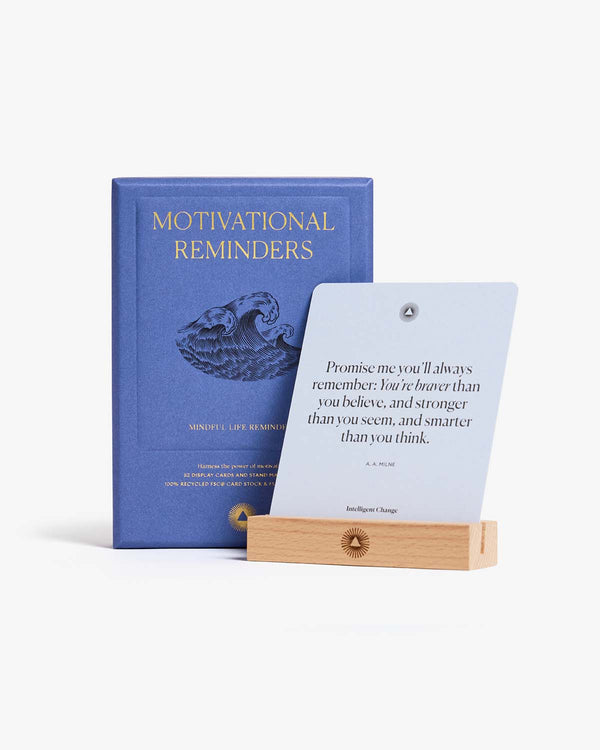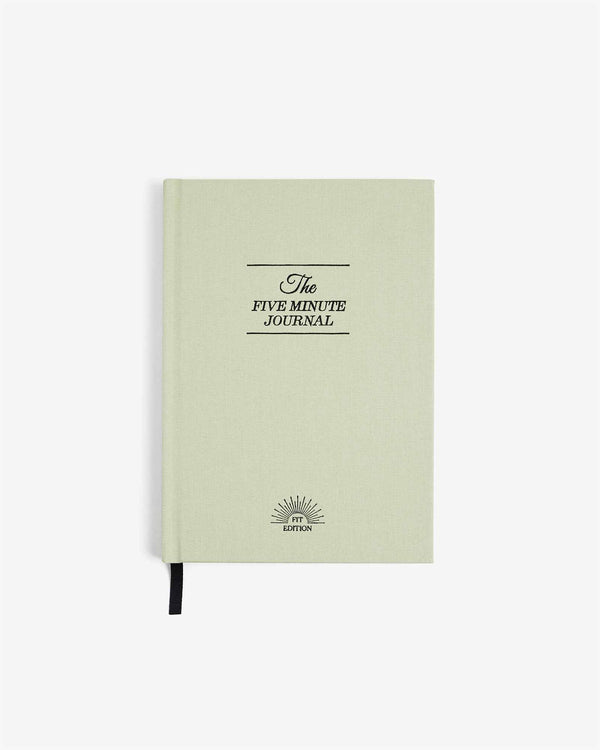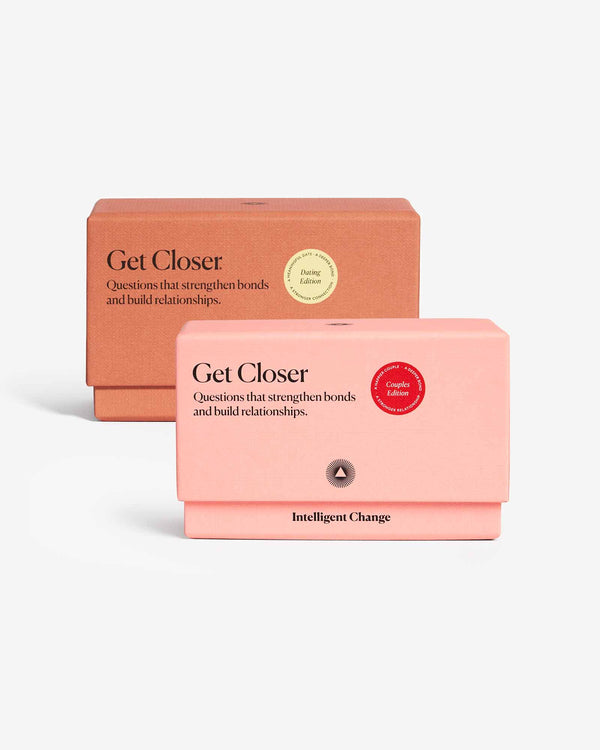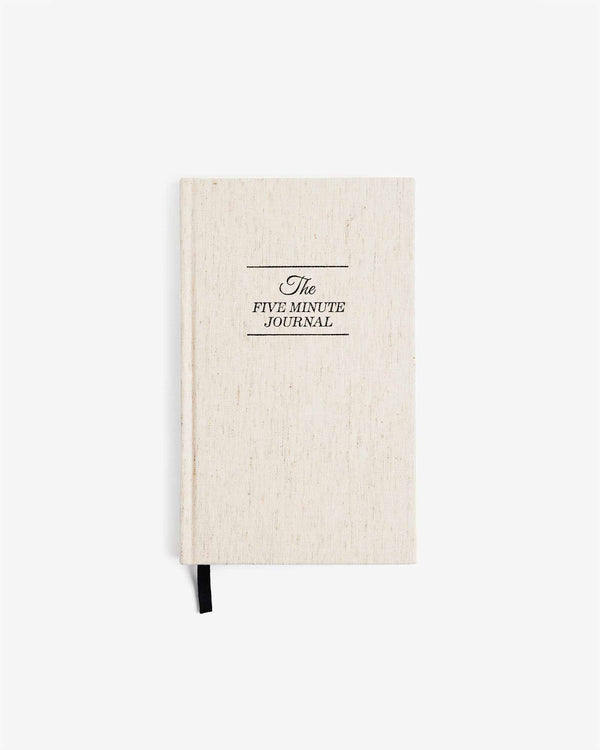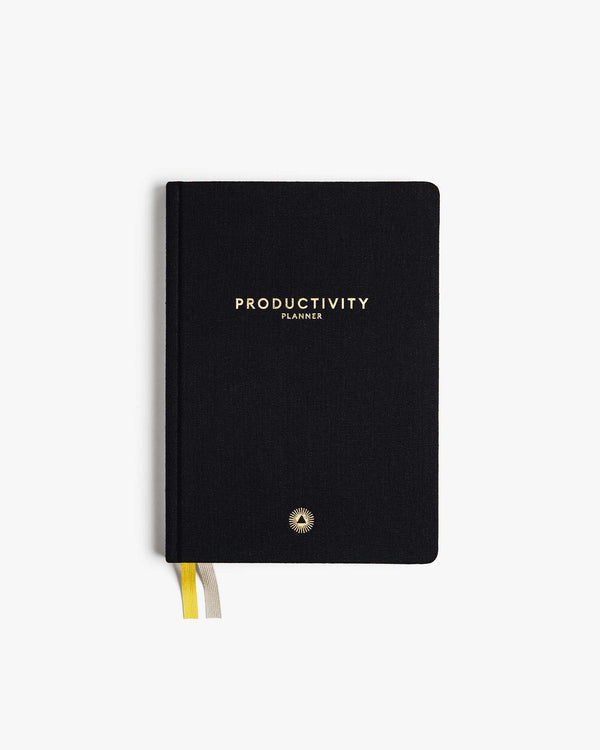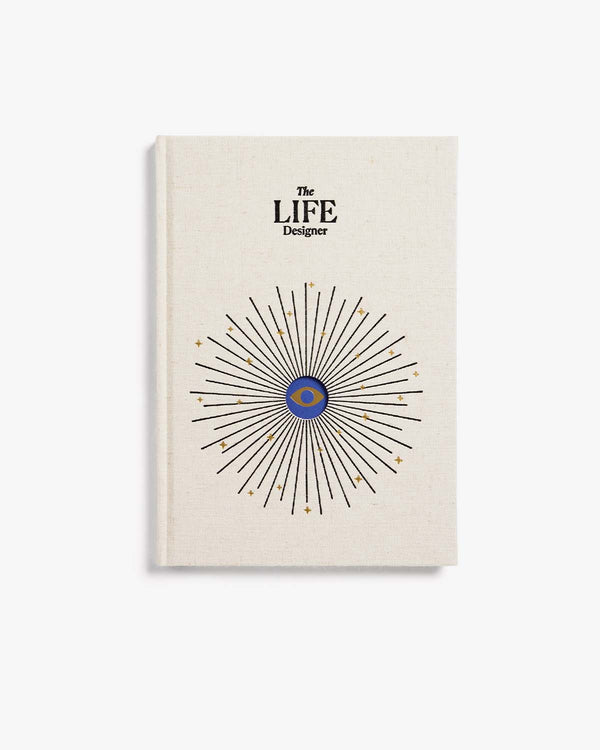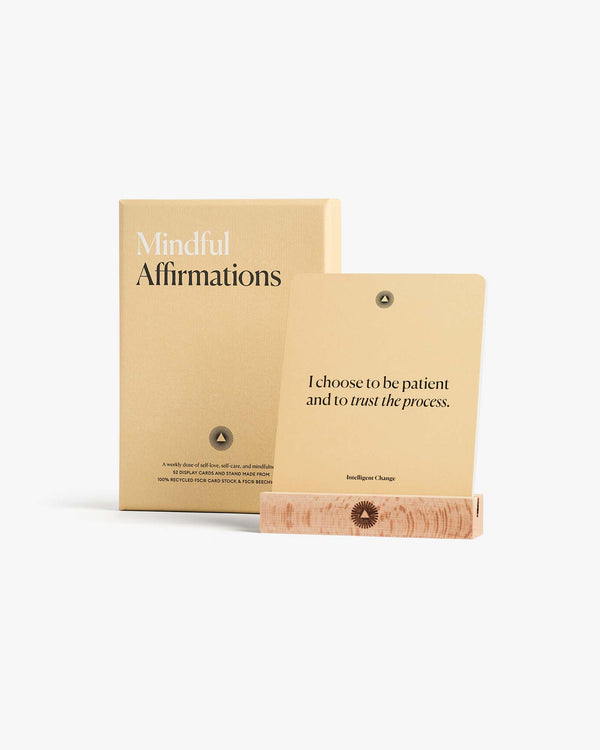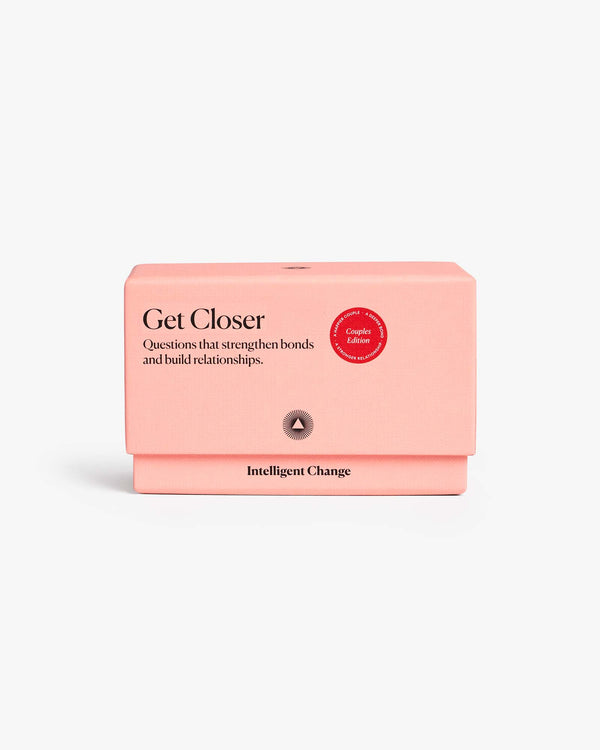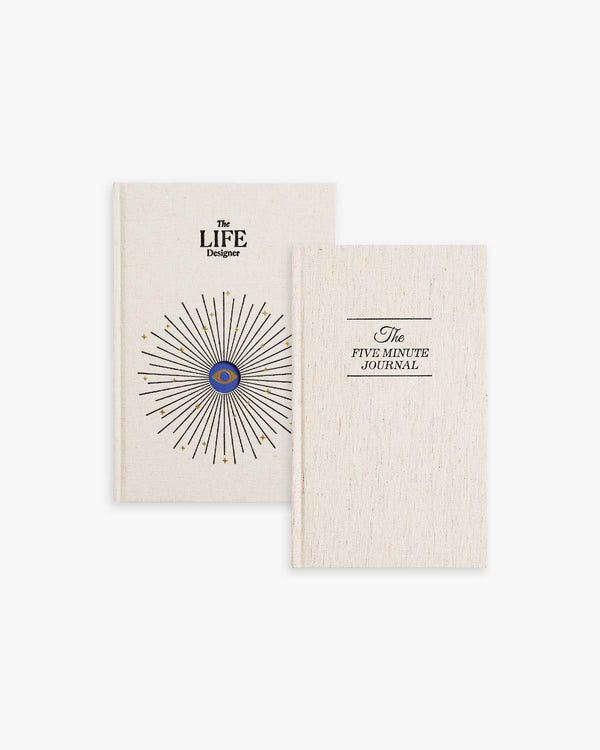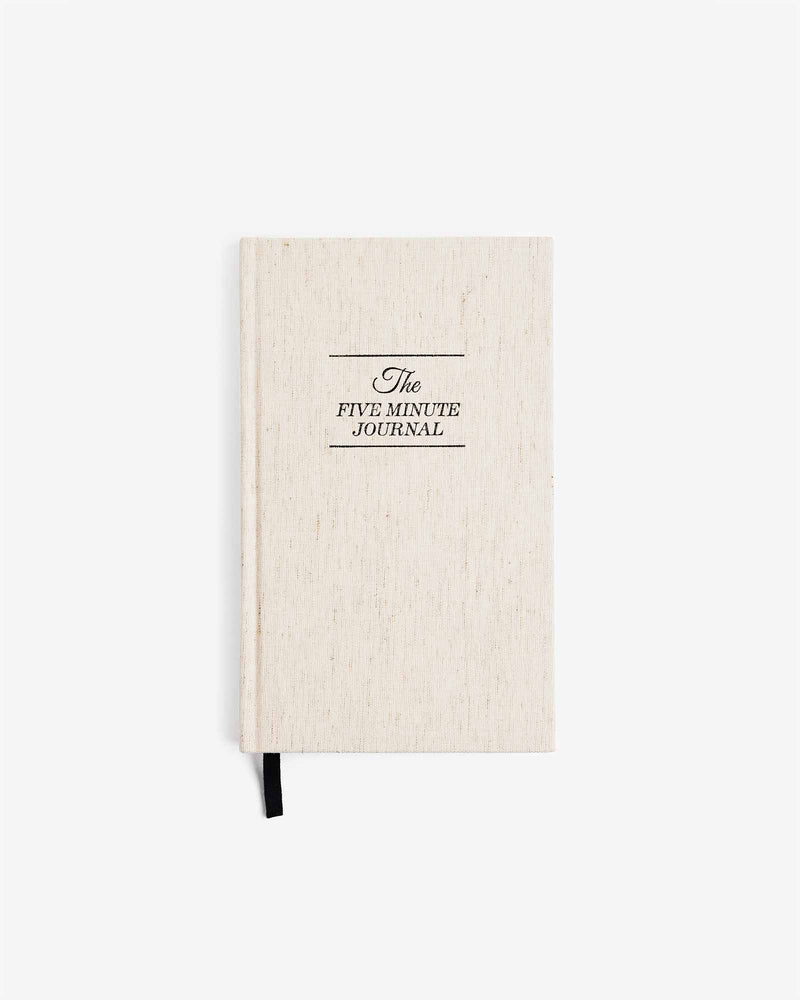Understanding and Living With ADHD
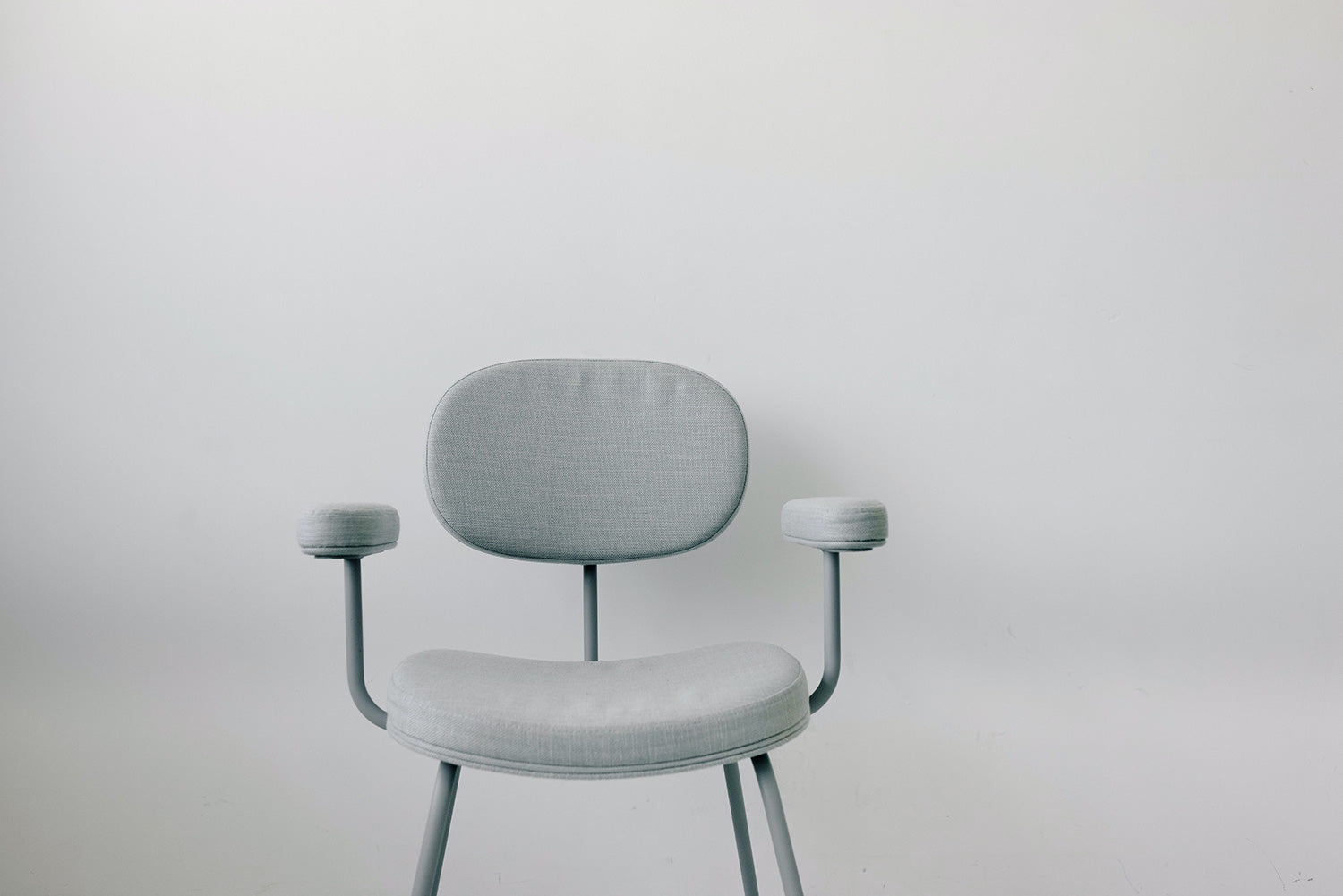
Do you remember the kid at school who couldn’t pay attention in class and often dozed off, staring outside the window? Or the colleague at work who had so many creative ideas but sometimes struggled to put pen to paper or remember to answer those urgent emails? How about that friend who can’t remain fully present during an important discussion?
It’s not unlikely to see ourselves or some of the people around us fitting into these day-to-day situations. And the easy way to translate these behaviors is through mere dismissal: if a colleague, a family member, a partner or friend is inattentive or impulsive, society tends to criticize and label them as “difficult,” “undisciplined” or “self-centered.”
But are they really?
It’s always worth digging deeper than that. Seeing those signs in our own selves–or our loved ones–and asking why those behaviors are showing up so persistently is a far more productive thing to do than slapping on an unfair or inaccurate label on them. Why? Because symptoms such as inattention, dozing off or impulsive behaviour are often signs of ADHD or Attention Deficit Hyperactivity Disorder–and not of a difficult or unruly personality.
Historically, the global health system paid little attention to mental health conditions like ADHD and there was little to no education around what it entails. Most of us would have heard the term in passing, but wouldn’t really know what it stands for, let alone understand the symptoms of the condition.
But, as conversations around mental health are opening up, we are now better equipped with powerful personal accounts, scientific data and the right language to understand and articulate what having ADHD really means and how to live with it.
What Is ADHD?
It's identified as a neurodevelopmental disorder that leaves people who suffer from it open to inattention, hyperactivity, and impulsivity. In plain terms, this means that a child with ADHD will be prone to leave their seat in class, not listen if they're spoken to directly, fidget or, on the other end of the spectrum, become completely fixated on one single activity.
The classroom is one of the first places ADHD starts showing in children and, according to medical research, signs between girls and boys can also vary, with girls showing signs a little later in their academic careers where attention on studying is required more. They are also more prone to developing depression and anxiety, as a result of their ADHD symptoms.
The condition can also make itself very present in adults' lives with some signs including careless mistakes at work, losing important items, talking excessively, and interrupting. This means that many people who suffer from ADHD but weren't diagnosed properly were often rejected as inconsiderate or rude for the wrong reasons, and faced obstacles with developing careers of their dreams or building strong relationships.
This is why awareness of the ADHD condition is so important in modern-day society: it helps those affected get an early diagnosis, manage their symptoms, and live their lives to the fullest.
People in the public eye who experience ADHD have been instrumental in this much-needed awareness-raising by sharing their own experiences and starting powerful conversations about what it means to live with this condition. All-star comedian Em Rusciano was recently diagnosed with the condition and spoke about finally being able to leave the "prison of her own making" and shed lifelong labels that she had attached to herself like "messy" or "disorganized."
"I don't feel the world coming to me at 100 all the time anymore. The constant sensory overload has stopped. I don't feel overwhelmed by life quite as much. The shouty, anxious voice that has been in my head for my entire life, telling me I'm not good enough, telling me the people I love are going to die if I don't touch wood as soon as the intrusive thought hits my brain (this is a fun quirk I've had since I was 10 and never told anyone until recently), telling me I was an imposter - is gone. She's been replaced with a calm, confident voice that only speaks when I ask her to," wrote Rusciano on her platform.
What Are the Solutions?

Diagnosis and a medical prescription provided by health care professionals is one of the first steps in helping manage ADHD symptoms. But lifestyle choices, systems, and special routines can work in conjunction to ease symptoms further and help experience life mindfully. In Rusciano's case, this meant giving up wine, coffee, some food types, and making meditation a part of her daily routine.
Here are some other practical tips to consider.
Build a Routine
Creating a routine you can stick to may not sound so life-changing, but for some people having routines and systems is what helps to keep them grounded and in control of their life. By establishing daily rituals around your morning activities, exercise and self-care, work, meals, leisure, and bedtime, you create a much-needed structure and discipline for yourself.
Routines are essential at every stage of life—they help us embrace the change, cope with challenges, create healthy habits, and reduce stress. Come up with new healthy (and simple) habits you want to implement in your life and keep track of them daily.
Make lists
Plan your day and map out the most important daily tasks or projects you need to work on to help direct your focus. From there, break up each item on your list into smaller, manageable tasks.
The Focus Time technique outlined in the Productivity Planner–which encourages you to prioritize, break up daily tasks in order of priority, work in flexible 30-minute bursts, and mark them in your planner as you go along–could be a helpful method to stay focused.
Set clear deadlines for yourself
It will give you a framework to work within and help you avoid losing track of time–one of the most common symptoms of ADHD. The Mindful Focus hourglass is an analogue and aesthetically-pleasing way to set yourself time limits. Also, time blocking and tracking will give you a better understanding of how you spend your time and how you can manage it wisely and efficiently.
Minimize distractions
Writer James Bloodworth, who was also diagnosed with ADHD aged 37, spoke about the need for lifestyle adjustments to help him work at his most productive, including using multiple restrictions on his web browsers. This resulted in being able to focus on his writing, read a book front-to-back or finish a piece of writing on time.
Here is how you can stay mindful at your desk and limit unnecessary distractions while you’re working on that important task:
- Put your phone on airplane mode;
- Log out of social media accounts;
- Turn off notifications or turn on “Do Not Disturb” mode;
- Play some background music–preferably something soothing and instrumental;
- Prepare in advance and have everything you need by your side: water, some snacks, charger, tissue, and so on.
- If you’re writing something important (an article, an essay or a report), try this trick: reduce the brightness of your screen and focus only on the words you’re typing. This way you will have less distractions and temptation to rewrite the text immediately, or check something on the Internet. Once you are done writing, adjust the brightness level, read what you’ve written, and make the necessary changes.
Keep your place organized
Create your own special power space to read, work, journal, and take a break from the overwhelming chaos of everyday life. Keep your workplace and home neat and organized–it will help you reduce unnecessary distractions and know for sure where everything is.
Make time for exercise
With hyperactivity being a core part of the ADHD condition, exercise can help burn excess energy in healthy ways, stimulate the brain and minimize the risk of depression. Many professional athletes, from Olympic medal-winning decathlete Caitlin Jenner to basketball star Shqueille ‘O Nielle, have ADHD and use sport and exercise as their fuel.
Regulate sleep
Sleep is a miracle worker for any human. For those affected by ADHD, the impact of good sleep can be even more life-changing, helping to regulate inattention and hyperactivity. Create a nighttime ritual by winding down and relaxing, storing away your devices early in the evening, dimming the lights, and staying away from sugar and caffeine towards the end of your day.
Journal
Living with ADHD can make it hard to navigate your emotions, and this is when journaling can be another powerful tool to help you slow things down, reflect, and clarify your thoughts. As a result, through writing you can notice patterns, reduce stress, solve problems more efficiently, break the repetitive thinking loom, and get a better understanding of yourself.
When you have ADHD, sitting down and writing can feel extremely overwhelming. To help you navigate through this process, here are some tips:
- Pick a time of day that will work best for you;
- Have a goal (or limit) for yourself: dedicated time or number of pages may be a great way to start;
- Opt for reflective journaling or choose a more structured flow with prompts that better meet your goals;
- There is no right way to journal: simply start writing, and you will identify and develop a system that is rewarding for you.
If you want to stay focused on the good things in your life, consider gratitude journaling. The Five Minute Journal’s approachable and structured exercises will lead you down a path toward an enhanced version of the person you already are.
There will never be a one-size-fits-all solution, but honest conversations and widespread education will help us break away from the old taboos around mental health conditions. Being vulnerable about our mental health is now applauded rather than being frowned upon. We’re realising that anyone affected by a condition like ADHD has both the right and the ability to thrive in life.
It’s a big social shift and we can all help route it deeply in today’s new world by becoming better educated and supporting ourselves and those around us with the right lifestyle tools–and a hefty dose of kindness and compassion.

